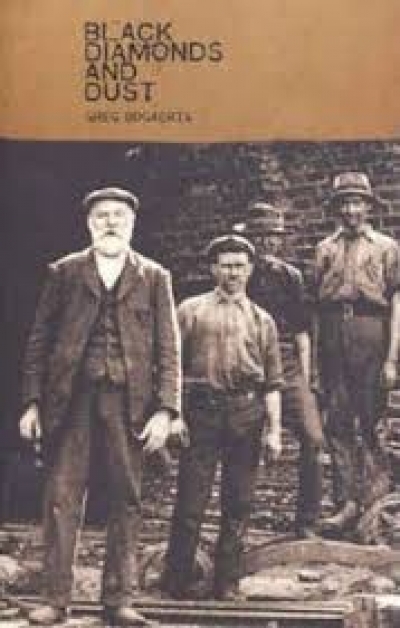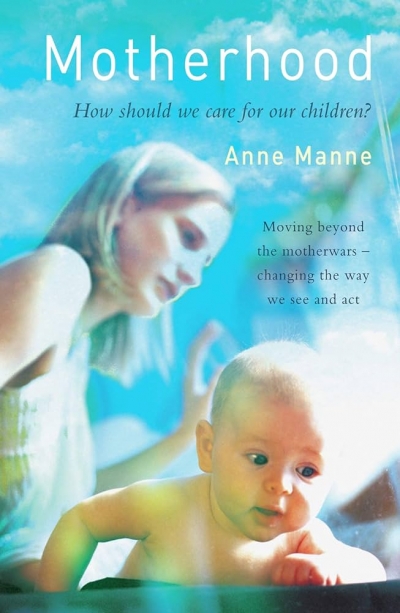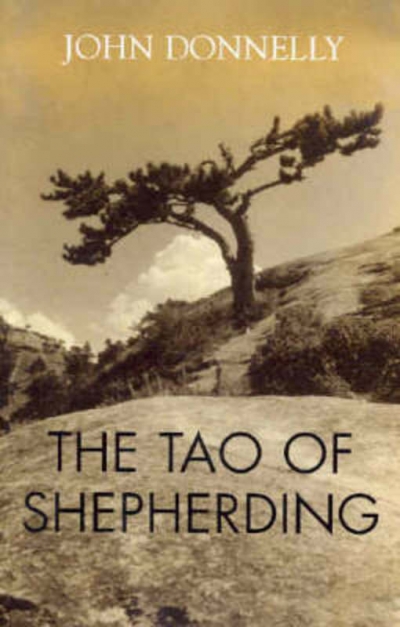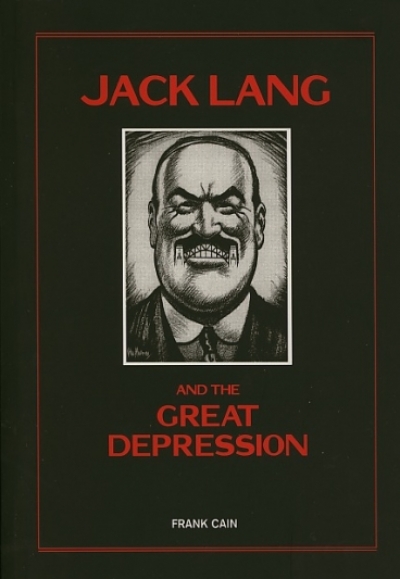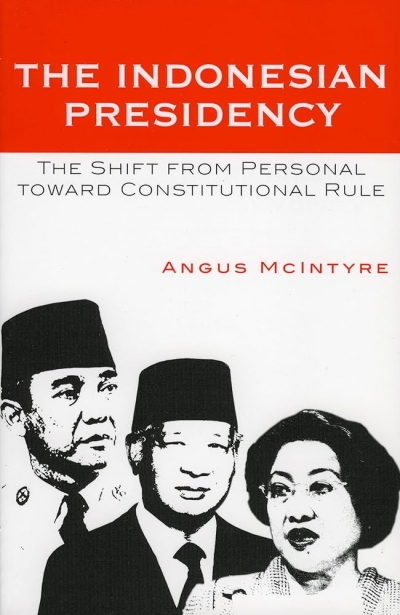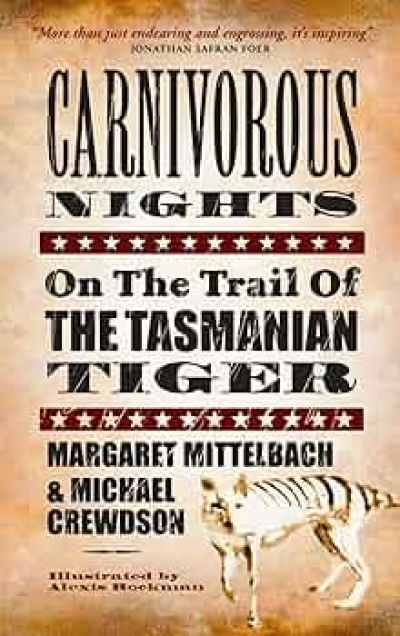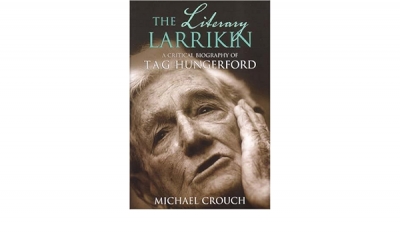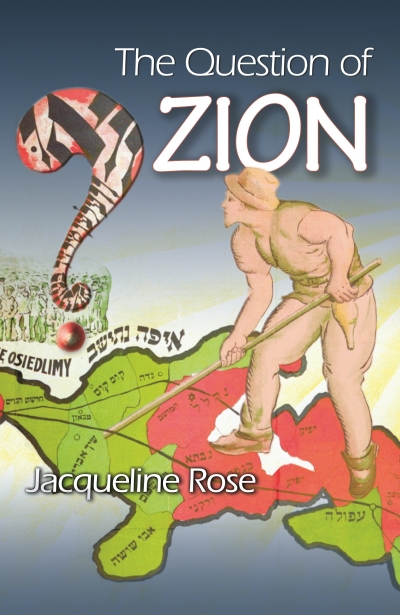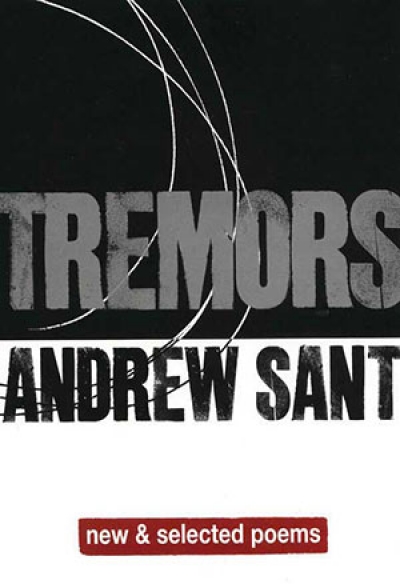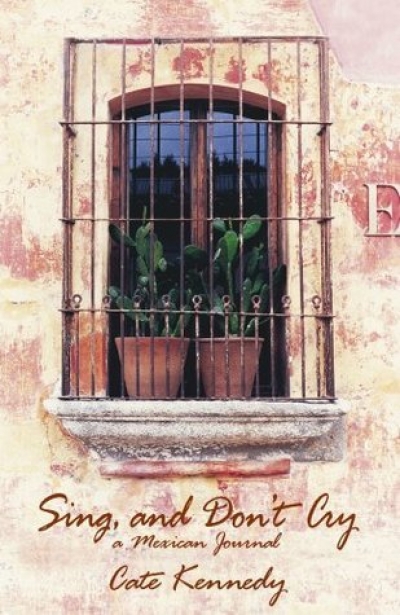Archive
Black Diamonds and Dust by Greg Bogaerts & Sandstone by Stephen Lacey
by Allan Gardiner •
Motherhood: How should we care for our children? by Anne Manne
by Cathy Sherry •
The Tao of Shepherding by John Donnelly & The Lost Tribe by Jane Downing
by Cheryl Taylor •
The Indonesian Presidency: The shift from personal toward constitutional rule by Angus McIntyre
by Damien Kingsbury •
Carnivorous Nights: On the trail of the Tasmanian tiger by Margaret Mittelbach and Michael Crewdson
by Danielle Wood •
The Literary Larrikin: A critical biography of T.A.G. Hungerford by Michael Crouch
by David Hutchison •

